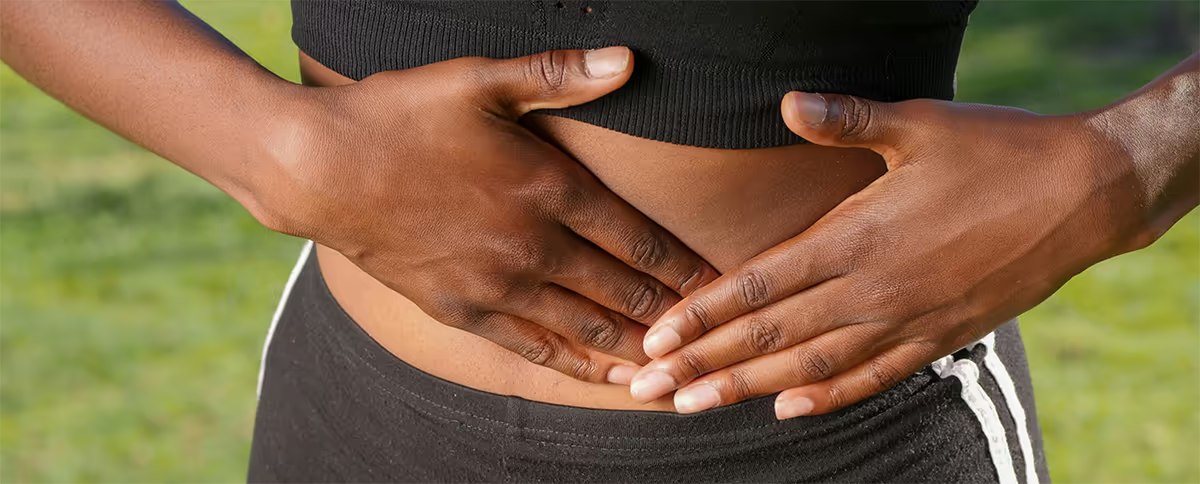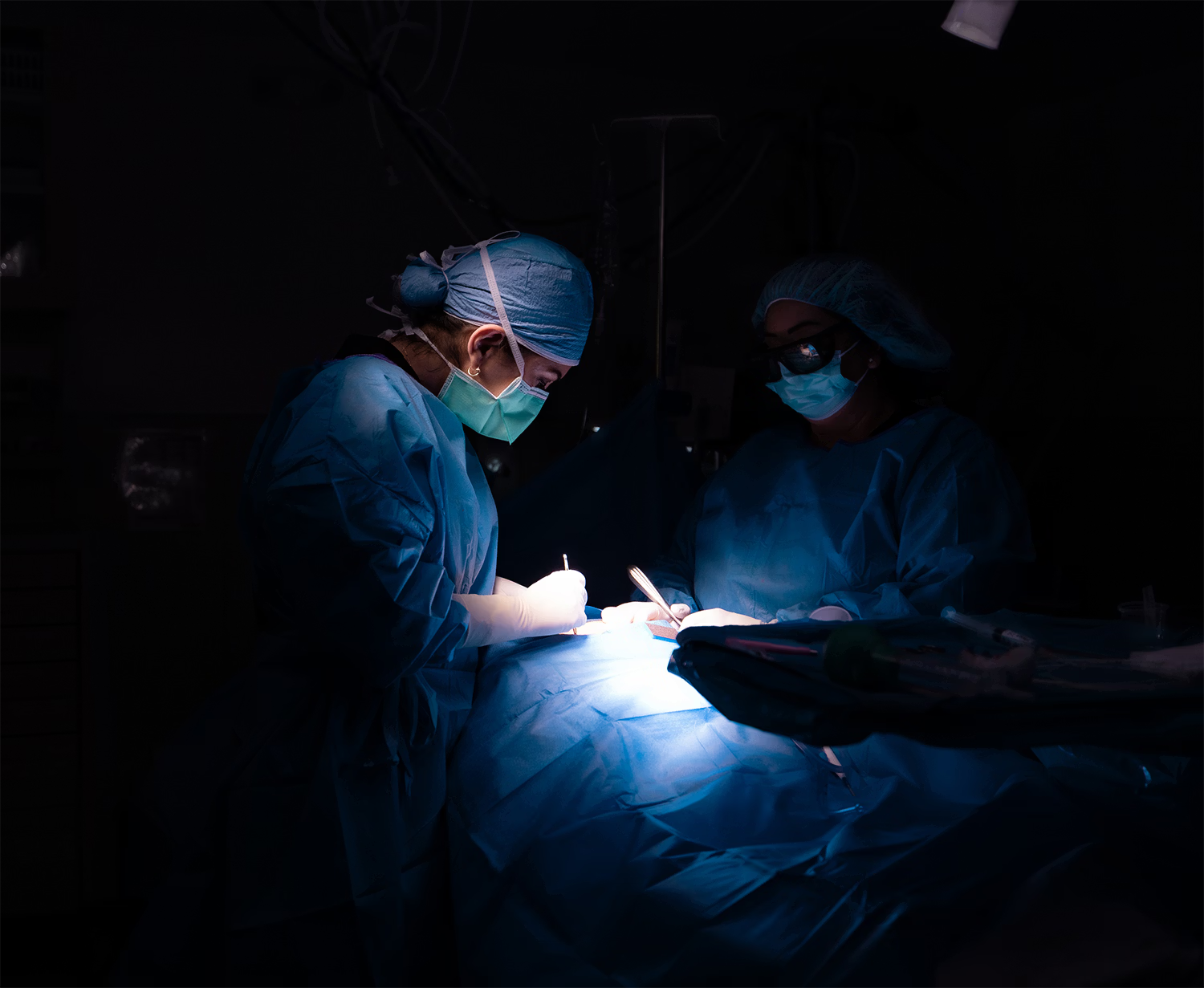
Diverticulosis? Diverticulitis? What's the scoop on these "tics" in my gut?
Have your heard of diverticul-itis? What about diverticul-osis? Do you know the difference? If you have never heard these terms – don’t worry, neither had I, until I went to medical school. In fact, many people who receive this diagnosis have no clue what it is either! This is a bit surprising because it affects about 50% of men and women over the age 60 and accounts for over 370 thousand hospital admissions every year! Importantly, the rate of diverticulitis is rising, especially in people younger than 50! Lately, I’ve been seeing a huge rise in the number of patients in their 30s and 40s with diverticulitis. Read on to learn all about this common condition affecting our guts and what you can do about it!
So what is diverticulosis?
Diverticulosis is a condition where small pockets develop in your large intestine or colon. The wall of the colon becomes thin creating visible sack-like pockets seen during a colonoscopy or CT scan of your abdomen. In medical lingo, we use the term “tics” to refer to these sacs! While many individuals are affected by diverticulosis, only 5-10% of individuals with diverticulosis develop diverticulitis or inflammation/infection of these sacs.
Although diverticulosis causes no symptoms, diverticulitis generally results in abdominal pain and may be associated with a fever. In the US, diverticulitis generally affects the sigmoid colon but other parts of the colon may also be affected. Symptoms of persistent localized abdominal pain may trigger your doctor to order a CT scan showing inflammation in the sigmoid colon. Treatment generally involves antibiotics and a light diet. Some cases can be severe enough to require hospitalization and IV antibiotics. More complicated cases or multiple episodes are usually treated with surgery. In very severe cases, the inflammation can cause a rupture of the colon resulting in severe sepsis and needing emergency surgery.
Can my diet cause diverticulitis?
The typical Google search will tell you that nuts, seeds and popcorn are the culprit for diverticulitis. Patients experiencing an episode of diverticulitis may also be told to forever avoid seeds and nuts. However, this urban legend has long been debunked! This concept is driven by the notion that these foods remain undigested and travel to the colon where they become lodged in the diverticular sacs resulting in inflammation. In reality the mechanism for diverticulitis is likely far more complex. In fact, many studies have shown that people with low-fiber diets (less than 10 grams a day) had higher rates of diverticulosis and diverticulitis than those who ate high-fiber diets rich in fruits, nuts, grains, and legumes. We are now learning that the gut microbiome (the huge microbial ecosystem living in symbiosis in our colon) is fueled by dietary fiber and helps to maintain a healthy colon wall in individuals who consume a plant-rich and fiber-rich diet. So eating lots of fiber seems to actually protect against diverticulosis and in individuals with diverticulitis it may prevent from development of repeat diverticulitis as well. For my patients recovering from diverticulitis, I generally recommend a gradual increase of fiber-rich foods over a few-month period after a flare has resolved. If you have recently had a diverticulitis flare, please talk to your doctor about dietary recommendations as we generally advise a light and bland diet in the early days to weeks after a flare has resolved.
What else can I do to reduce my risk?
We know that diverticulitis is more common in individuals with obesity. Along with many other obvious health benefits, maintaining a healthy weight can also keep your gut healthy. Cigarette smoking is another factor associated with diverticulitis, so if you’re a smoker, here’s another reason to quit! High red-meat intake and use of NSAIDS (non-steroidal anti-inflammatory agents) are additional risk factors. Bottom line is that all the things that keep your heart healthy also keep your colon healthy – so do it for your gut if not for your heart – go and get healthy!
My doctor recommended surgery - should I go through with it?
The decision for surgery is complex and affected by many disease-specific and patient factors. Surgery for diverticulitis involves removal of the inflamed portion of the colon, so this decision should not be made lightly. Common reasons for surgery in diverticulitis are perforation or rupture of the colon, development of a fistula (an abnormal connection to another organ such as the bladder resulting in bladder infections), stricture (narrowing of the colon causing a blockage) or multiple repeat episodes impairing one's quality of life. There are definitely some gray areas, however, that are still being investigated. We used to recommend surgery for anyone with more than two episodes of diverticulitis. This is no longer a hard rule. The decision for surgery is largely driven by patient quality of life. For example, someone with 5 very mild attacks never requiring hospitalization may choose to hold off surgery since we know the risk of a rupture in these patients is quite low. A clinical trial called COSMID which i am an investigator in is currently looking to answer some of these questions. Bottom line is if you're in doubt - please get a second opinion.


.svg)




